Governance , IT Risk Management , Standards, Regulations & Compliance
EU Cybersecurity Act Now In Full Force(@Ferguson_Writes) • June 27, 2019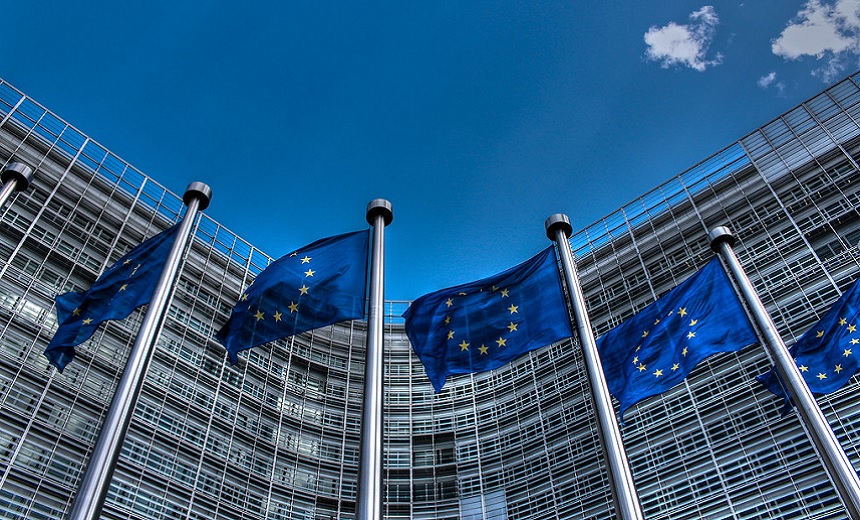 European Commission headquarters in Brussels (Image: Flickr)
European Commission headquarters in Brussels (Image: Flickr)With the European Union's Cybersecurity Act now in full force, the European Union Agency for Network and Information Security, or ENISA, has a new name and a permanent mandate - as well as more money and staff - to oversee a range of cybersecurity issues.
See Also: Webinar | Passwords: Here Today, Gone Tomorrow? Be Careful What You Wish For.
Under the newly enacted EU cybersecurity law, which went into effect on Thursday, ENISA will be rebranded as the European Union Agency for Cybersecurity and given a permanent role overseeing areas of cybersecurity for all 28 member states.
The agency will oversee a new voluntary certification framework for security standards for products and services sold within the EU. As a result, the new agency will have significant influence over the development of new technologies, including internet of things devices.
By creating one EU product and service security standard, the agency will eliminate some of the confusion caused when different member states adopt different security standards, according to the European Commission.
"For example, smart meter producers currently need to undergo separate certification processes in France, the U.K. and Germany. Without a common framework for EU-wide valid cybersecurity certificate schemes, there is an increasing risk of fragmentation and barriers in the single market," according to a fact sheet on the new Cybersecurity Act.
The framework will make it easier for small and midsized business to get their products approved and into markets because they will not have to meet different cybersecurity standards and guidelines developed by individual member states, according to the European Commission fact sheet.
"I believe the European Cybersecurity Certification Framework detailed in the Act will play a leading role for the advancement and harmonization of cybersecurity certification in Europe and beyond," says Udo Helmbrecht, executive director of ENISA. "ENISA will have market-related tasks, notably by preparing 'European cybersecurity certification schemes' that will serve as the basis for certification of [information and communications technology] products, processes and services."
Numerous Cybersecurity Issues
Originally created in 2004, ENISA oversaw several aspects of the EU's security strategy, including infrastructure protection; cybersecurity exercises among member states; standardization and best practices for cybersecurity protection; and enforcing different cybersecurity laws.
Under older laws, however, ENISA did not have a permanent role within the EU, and its charter was set to expire in 2020. That changed with the passage of the EU Cybersecurity Act in 2018, which called for creation of a new, permanent agency.
The change comes at a time when the European Union and its member states are confronted with numerous cybersecurity challenges, including data breaches and ransomware attacks; threats from hostile nation-states looking to disrupt regional politics; and privacy issues highlighted by the year-old General Data Protection Regulation (see: 10 Highlights: Infosecurity Europe 2019 Keynotes).
Now that it has a permanent mission within the EU, the European Union Agency for Cybersecurity will be available to help individual member states defend against cyberattacks, according to its charter.
The new agency also will support coordination among member states when responding to a cyberattack and create incident reports after an attack to determine what went wrong and what new protections should be put into place to prevent a repeat on these intrusions, its charter notes.
New rules developed by the EU Council and passed into law earlier this year give the council the right to impose sanctions on non-EU countries that participate in or conduct cyberattacks against member states.
"It is crucial for citizens, businesses and member states to feel more secure, including in cases of large-scale cross-border cyberattacks," says Mariya Gabriel, an EU commissioner who oversees the digital economy and society for the union, in a statement.
The new agency will play a role in the development of cybersecurity policies within the European Commission and European Council as well as with individual member states. This includes the development of a voluntary vulnerability disclosure process for countries in the EU.


 Certain Medtronic MiniMed insulin pump products are being voluntarily recalled due to cybersecurity concerns.
Certain Medtronic MiniMed insulin pump products are being voluntarily recalled due to cybersecurity concerns.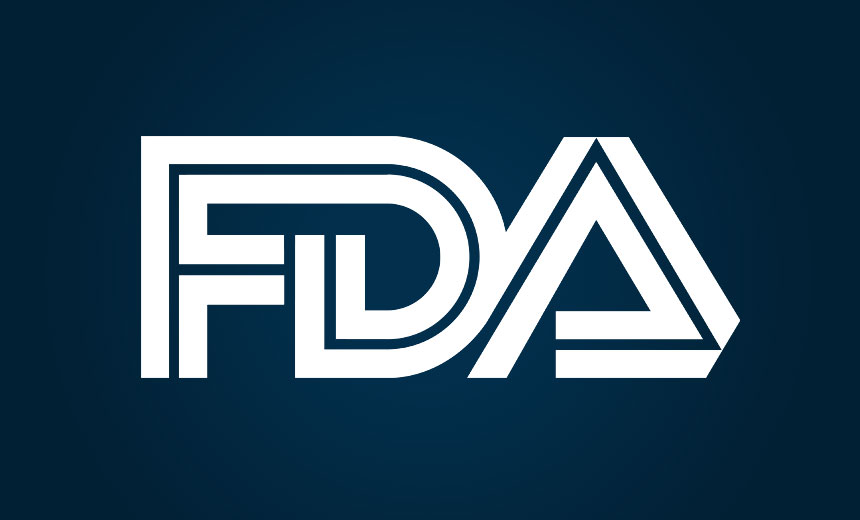 The FDA has warned about voluntary recalls of medical devices due to cybersecurity issues in only a handful of cases.
The FDA has warned about voluntary recalls of medical devices due to cybersecurity issues in only a handful of cases.

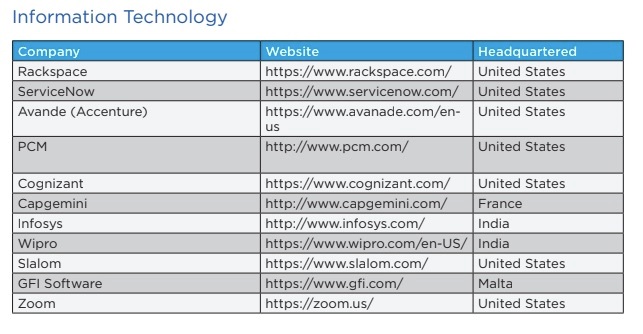 List of IT firms targeted in phishing campaign (Image: RiskIQ)
List of IT firms targeted in phishing campaign (Image: RiskIQ) Verizon's store on Wall Street in New York (Source: Verizon)
Verizon's store on Wall Street in New York (Source: Verizon)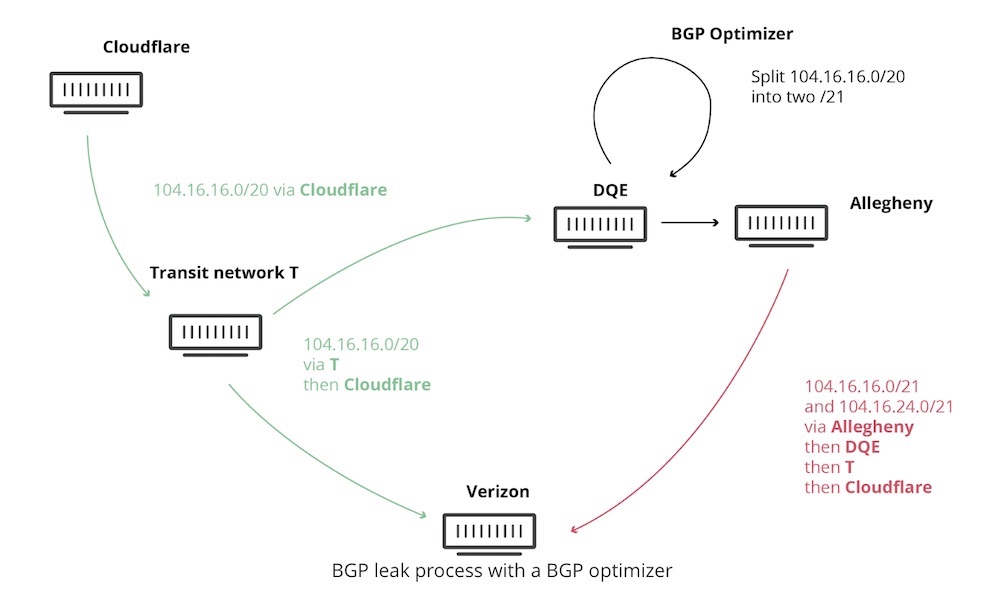 A Cloudflare diagram shows how the route leak occurred.
A Cloudflare diagram shows how the route leak occurred.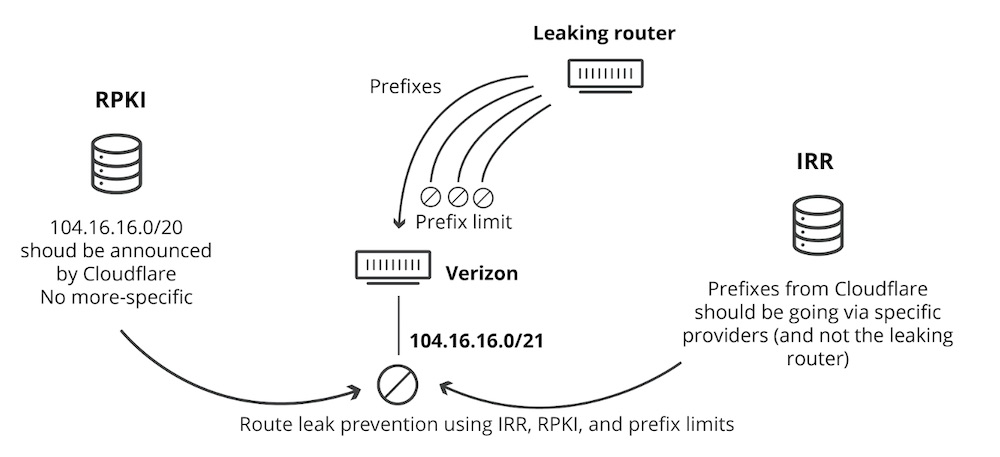 Cloudflare's diagram explaining how IRR and RPKI would have stopped the erroneous route leak.
Cloudflare's diagram explaining how IRR and RPKI would have stopped the erroneous route leak. Image copyright
Getty Images
Image caption
GPS signals have been unreliable for weeks, said officials
Image copyright
Getty Images
Image caption
GPS signals have been unreliable for weeks, said officials